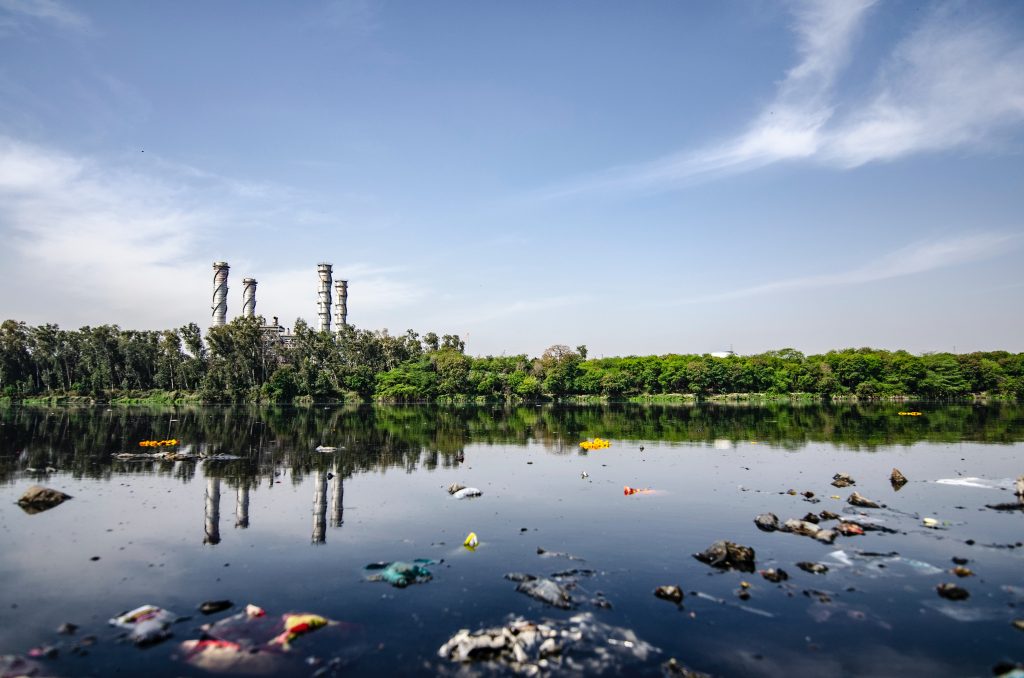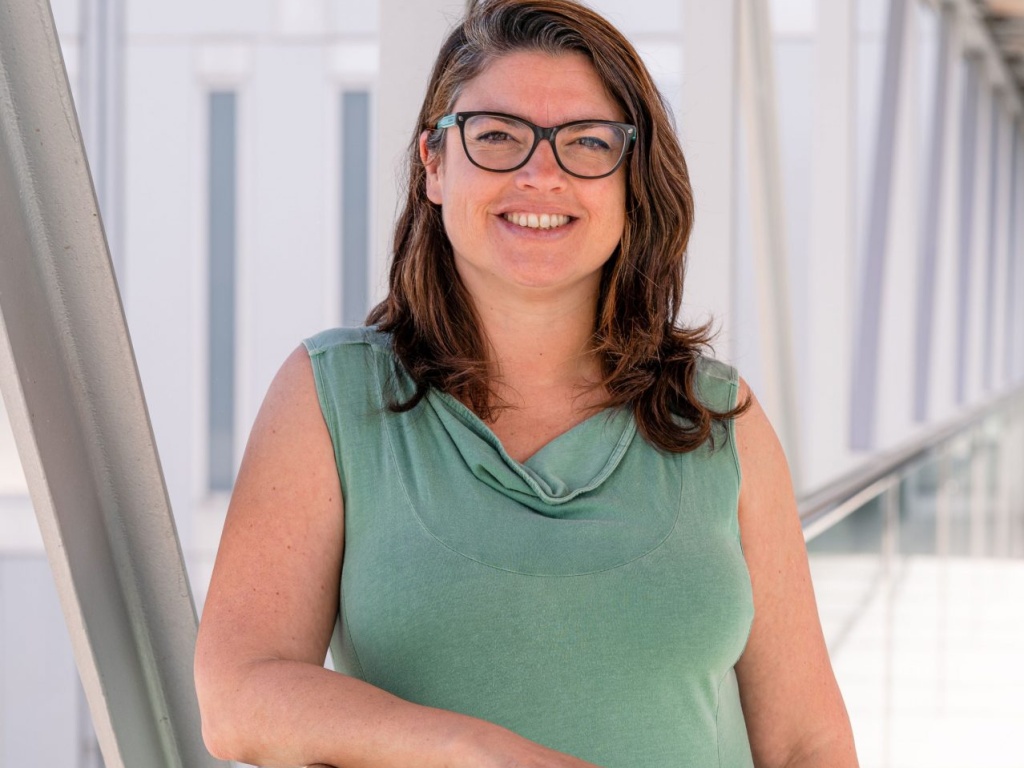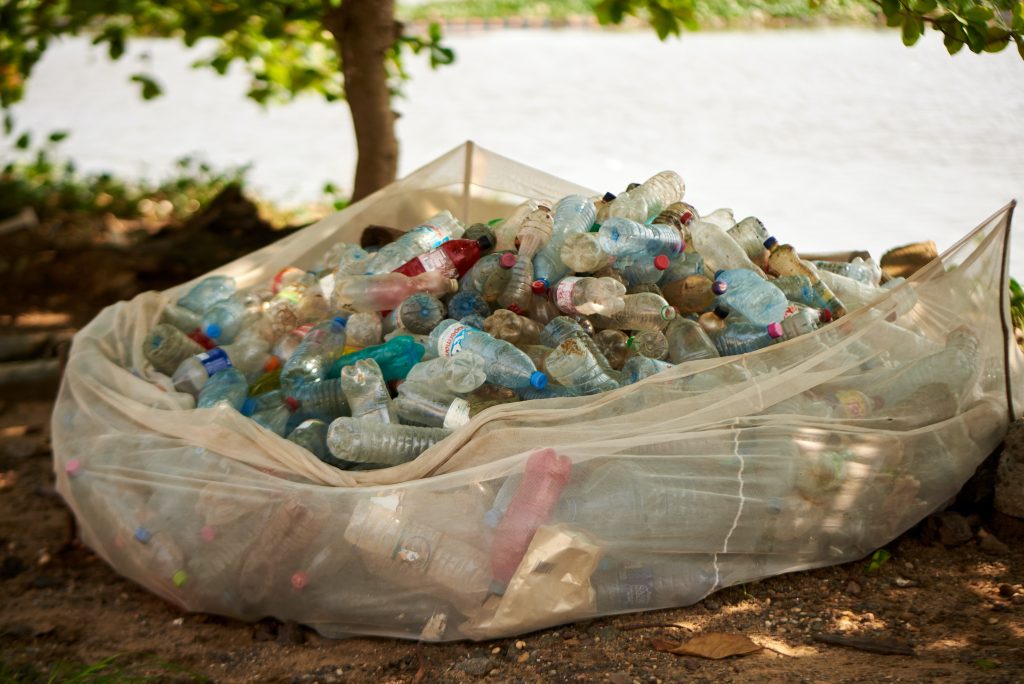23/05/2023
The URV CEDAT has taken part in the drafting of the proposal of the International Treaty on Plastics to be discussed at the UN
Presented in Paris this week, the text aims to prevent, combat, and eradicate any form of plastic pollution of land, atmosphere or water.

Presented in Paris this week, the text aims to prevent, combat, and eradicate any form of plastic pollution of land, atmosphere or water.
Aitana de la Varga Pastor, lecturer from the URV’s Department of Public Law and researcher at CEDAT (Tarragona Centre for Environmental Law Studies), has been part of the international group responsible for drafting the text of the Paris International Plastics Treaty. This draft text is being discussed at a negotiating session in Paris from 22 to 26 May 2023, within the framework of the United Nations.
Objectives of the Paris Plastics Treaty
According to the UN, eight million tons of plastic reach the seas and oceans every year, and this amount could triple by 2040, reaching between 23 and 37 million tons if no action is taken. From 1950 to the present, it has gone from two million tons of plastic waste to almost 400 million. “Most of this waste is not well managed,” says de la Varga. “Plastic pollution, however, is not limited to marine pollution; it also poses a risk to biodiversity, ecosystems, and human health,” she explains.

A binding instrument on plastic pollution
To give a legal response to this problem, the International Centre for Comparative Environmental Law (CIDCE, France) has set up an international working group, consisting of about fifty academics and jurists, including Aitana de la Varga. The group is led by Michel Prieur, one of the world’s leading experts in environmental law, and president of the CIDCE at the University of Limoges.
After the first meeting in Uruguay last November, the draft text is being discussed this week at the second session of the United Nations Intergovernmental Negotiating Committee to agree on a binding international instrument on plastic pollution, including the marine environment.
The text establishes principles and obligations for states to regulate the production, use and disposal of plastics. It also regulates trade, control, monitoring, and plastic-free zones. The document is committed to eradicating single-use plastic products, increasing the recyclability of plastic products and addressing global plastic pollution.
The URV’s JustCircular project provides legal solutions
The initiative led by Prieur shares objectives with those of the URV research project funded by the Ministry of Science and Innovation JustCircular, which is led by de la Varga and aims to provide legal solutions to the environmental problem of plastic products and waste.
The project consists of a team of eleven researchers from various universities for whom the project represents an opportunity to collaborate, share, contribute and make use of the knowledge generated about the serious problem of plastics within the framework of the Centre International de Droit Comparé de l’Environnement. “We must join forces to combat the devastating effects of plastics and successfully achieve global regulation as soon as possible,” concludes de la Varga.

